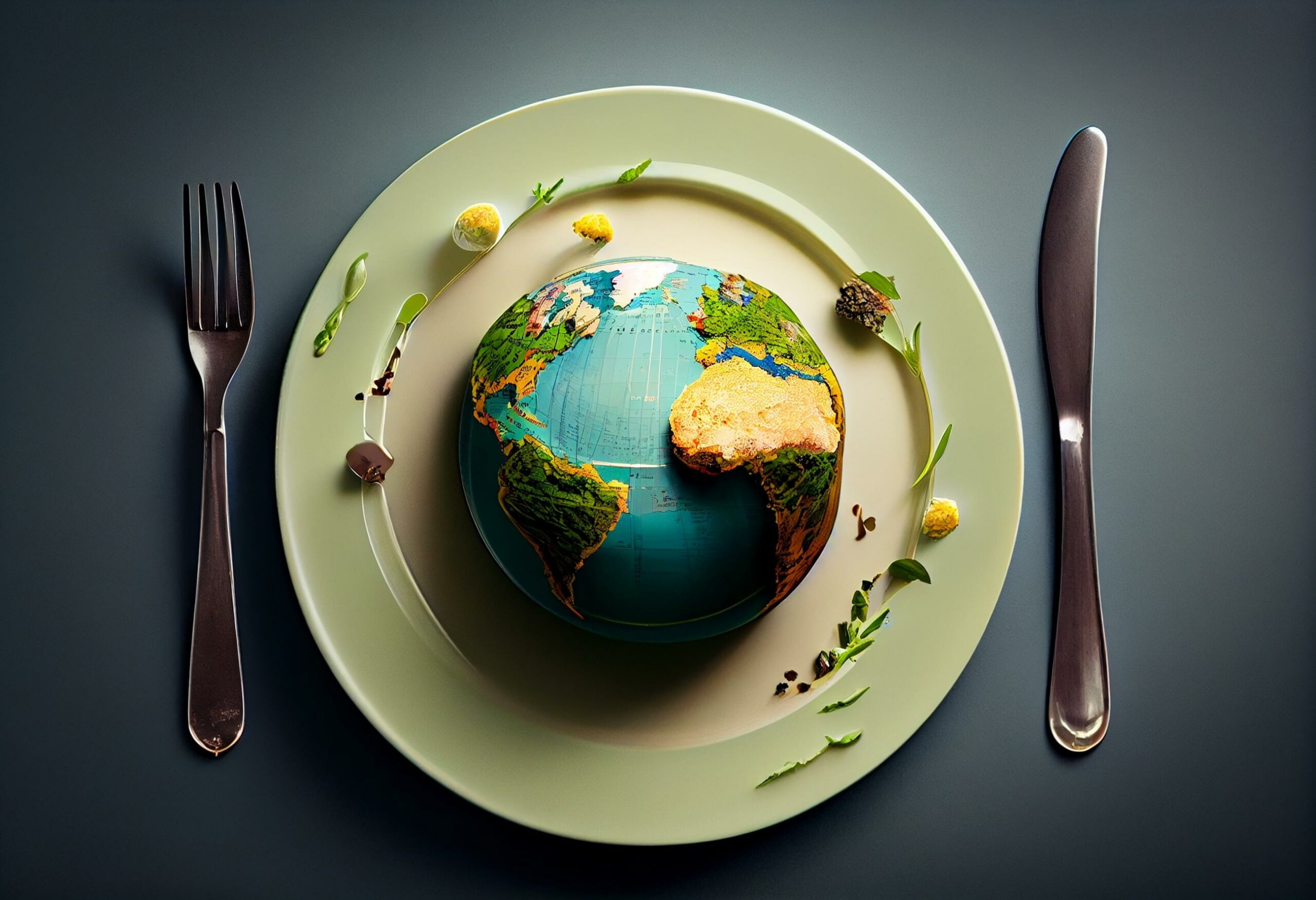Vegan is the answer to what this should be.
I would say that you can be vegan and still be eating food that was shipped in on boats then trucks. Vegan would be a net positive for any switch from the conventional western diet, but I see the merit in focusing in on carbon footprint of the food in question. And as potentially silly as calling oneself a ‘regenivore’ is, it still conveys a message and invitation for others to learn about alternatives and things they might too value.
yeah i think vegans sometimes forget that veganism right now is still, in a global context, not a very prominent dietary habit and may not scale up particularly well or sustainably (especially since not every place currently has an abundance of food, much less vegan food). vegan actions, while ethically better, are also not inherently sustainable either–some vegan products are less sustainable than their animal-based counterparts for a variety of reasons.
deleted by creator
Which products specifically? From what I can ascertain, the vast majority of vegan options are better for the environment for several reasons. Even though some vegan products are better than other vegan products (e.g., oats and soy beans over almonds), they all beat out their animal alternatives by a mile.
vegan options do not stop at food, please do not have a one-track brain here. many vegan product items have many well-described issues such as relying heavily on plastics that degrade poorly or contribute to environmental pollution, in addition to being less resilient than animal-based counterparts (and thus needing to be more frequently replaced).
deleted by creator
I see no reason to opt for something like leather or wool - which of course carry the same environmental issues of food from those animals.
because not everything can be made from a single thing–if we could just do that none of this would be an issue to begin with. leather is conducive to some things wool is not, and cotton likewise, and ad infinitum. these aren’t interchangeable for every purpose that exists!
deleted by creator
So whilst you are right that transport does create lots of emissions it is still only a small percentage of the total. Any localy produced meats would have a higher footprint than legumes from anywhere. A localy based food system would be great but to get that we would need mass land ownership reform.
While you’re right that reducing consumption of animal products is the largest impact on carbon emissions, I think you can be vegan and still eat foods that have a significant carbon footprint, if you don’t also purchase local vegan produce.





